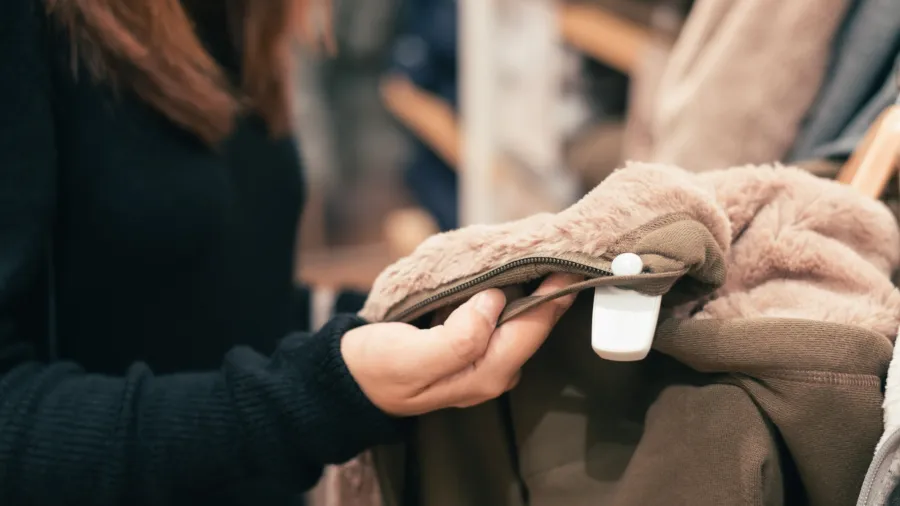
Partygoers are ditching suits and formal dresses
Only 25% prefer wearing formal attire at events.
Around 50% of consumers prefer wearing casual occasionwear at events, whilst only 25.1% like wearing formal attire, GlobalData found.
In its Occasionwear in Apparel industry report, GlobalData found partygoers are shifting to a more casual attire when attending parties and events as more consumers prioritise value for money and comfort.
“The occasionwear market looks very different now, compared to pre-pandemic. Many consumers are eager to embrace their freedom now that COVID-19-related restrictions have been removed, and start attending parties again,” Ramya Suhas Nair, Retail Analyst at GlobalData, said.
“Our survey reveals that 61% of consumers plan to attend more celebratory events in the coming months until June 2023 compared to 2019.”
Read more: Rising costs to drive secondhand fashion: report
Nair noted amongst the key drivers of the growth in casual attire is its affordability, led by fast fashion retailers such as boohoo.com, PrettyLittleThing, and Fashion Nova.
Shein has also grown exponentially in the past two years through collaborations with other brands.
“Selfridges and French Connection have collaborated with Hurr and Zoa Rentals, respectively, to launch online rental websites where consumers can rent luxury and designer occasion pieces at reasonable prices,” Nair also said.
“Little Mistress and Misspap also launched their own collections on the rental platform, Hirestreet, providing a selection of occasionwear and partywear at affordable prices.”



















 Advertise
Advertise





